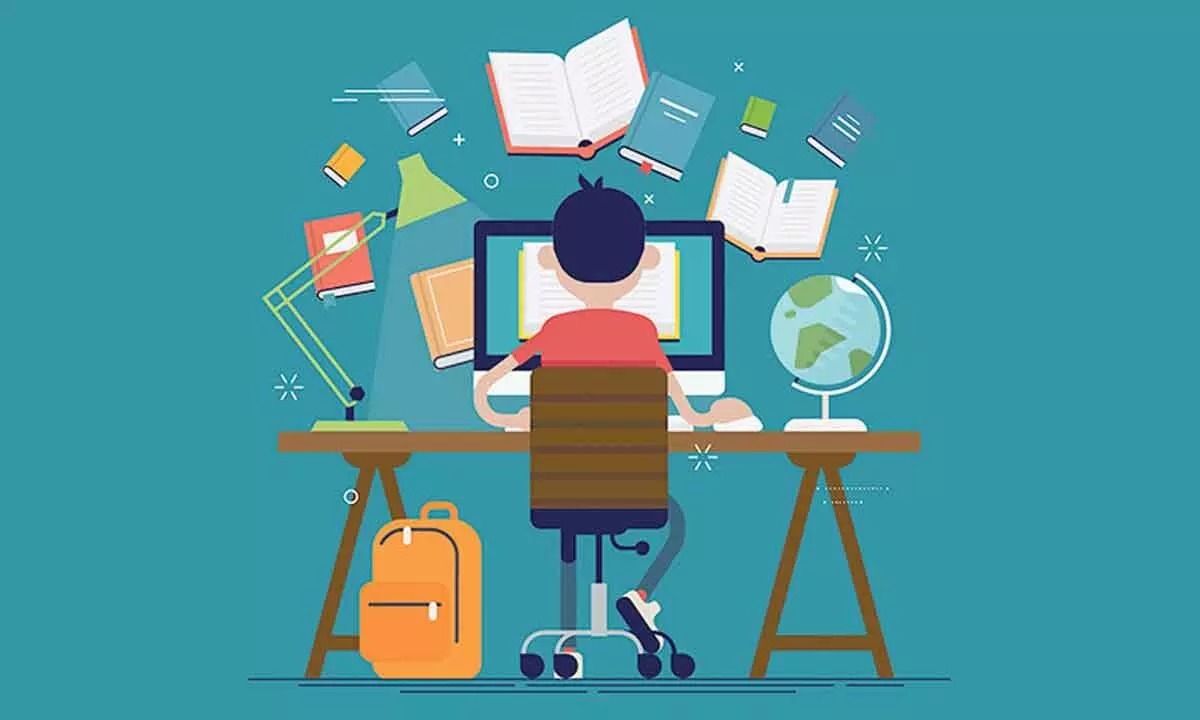Education is more than just learning facts and figures—it is a powerful tool that shapes minds, builds character, and opens doors to endless possibilities. From early childhood to higher learning, education equips individuals with the skills needed to navigate life’s challenges and contribute meaningfully to society.

One of the greatest benefits of education is its ability to break the cycle of poverty. When individuals receive quality schooling, they gain access to better job opportunities, higher incomes, and improved living standards. This, in turn, strengthens economies and reduces social disparities.
Beyond economic gains, education fosters critical thinking and problem-solving skills. In a world facing climate change, political conflicts, and technological disruptions, an educated populace is better prepared to develop innovative solutions. Schools and universities serve as hubs for research and creativity, driving advancements in science, medicine, and sustainable practices.
Moreover, education promotes social cohesion by teaching tolerance, empathy, and respect for diversity. It empowers marginalized groups, including women and minorities, by giving them a voice and the means to advocate for their rights.
To maximize its impact, education must be accessible, inclusive, and adaptable. Governments and communities must invest in infrastructure, teacher training, and digital resources to ensure no one is left behind.
Ultimately, education is the foundation of progress. By prioritizing learning, we can build a brighter, more equitable future for generations to come.






